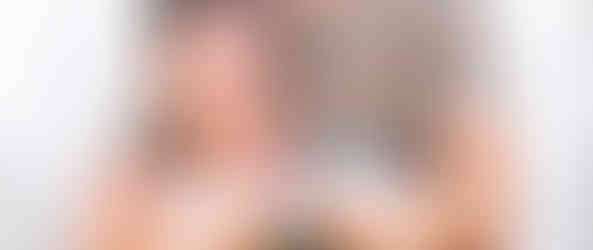Trusting Myself Again: Returning to Photography on My own Terms
- Rebekah Orlick
- Oct 22, 2025
- 3 min read
This past week, I’ve been finishing up a family session. Every time someone reaches out for a shoot—whether it’s a senior, family, or sports session—I hesitate. I ask myself: Will this push me over the edge? Will I be able to deliver the images on time without overextending myself? Can I create something satisfying for the people who are paying me?
That hesitation didn’t come from nowhere. It’s grown from years of self-doubt, exhaustion, and relearning what my creative work is truly worth—to others and to myself.
Why I Stepped Away
When people ask why I stopped photographing weddings or taking on full-time photography work, I usually say something simple, like, I had young kids and didn’t have the time.
But really, there are a hundred reasons.Imposter syndrome is one of the biggest. I’ve always put immense pressure on myself to make the best possible images, yet I’d still wonder, Who am I to call myself a professional?
Even when clients were happy, the few who weren’t seemed to echo louder. Their dissatisfaction overshadowed the praise, and I began questioning my abilities—when the problem was never about skill.
Motherhood played a role, too. With young children, my time was constantly divided. I grew to hate editing at the computer while trying to mother at the same time. I told myself I just wasn’t the kind of person who could sit at a screen for hours (which is partly true)—but I also made editing take far longer than it needed to.
And that leads to another hard truth: I was giving clients far too many images, believing quantity equaled value. It took stepping back to realize that fifty well-edited photos from an hour-long session is more than enough—generous, even. Too many images can actually drown out the truly beautiful ones and create an exhausting editing backlog. Every extra hour spent perfecting unnecessary photos was basically giving away free time. Why was I editing so many?!
Remembering My Editing Backbone
In high school, when I was the yearbook photo editor, I was brutal. I cut images without hesitation. Once, another student told me she liked several photos I’d trashed. I explained that her page could only fit three—and those three had to be the best we had.
I understood her attachment to her work, but sentiment couldn’t outweigh quality. We had to separate ourselves emotionally and choose what best served the project.
Somewhere along the way, when I started working for myself, I lost that clarity. I became fixated on pleasing clients and convinced myself that people valued how many photos they received over how good they were. I forgot that my strongest work could stand on its own—and that an image never delivered is an image never seen.
Learning to Trust Myself Again
Eventually, I realized it all comes down to trust—trusting myself on an instinctual level. Going back to school helped me rebuild that confidence. It reminded me that I do know what I’m doing. Everyone’s learning as they go, but my experience and intuition are enough.
I don’t have to prove my worth by over-editing, over-delivering, or under-charging. When I value my own work, the right clients follow—the ones who genuinely appreciate what I create. My good images can stand on their own.
As artists, it’s not our job to make everyone love our work. That will never happen. The people who choose you do so because they see you in your work—and that’s far more fulfilling than trying to please everyone.
Redefining What “Value” Means
These days, I create art because I want to express something real. And when someone connects with that work deeply enough to buy it, that’s the most rewarding kind of exchange.
Now, I take photography jobs because I want to, not because I need to. I understand that what people pay for isn’t just a final gallery—it’s my time, my experience, and my vision. (And honestly, how much is an hour of your time worth?)
That shift in perspective has made me fall in love with photography again.
I’ll be back next week—but until then, this is your reminder to stop undervaluing your hard work.
Sincerely,
Rebekah
.
































Comments